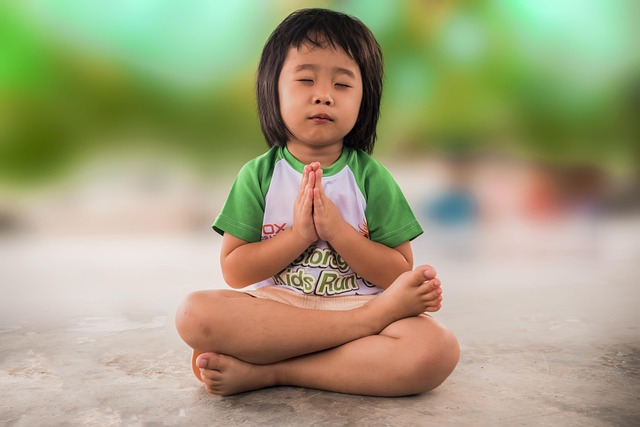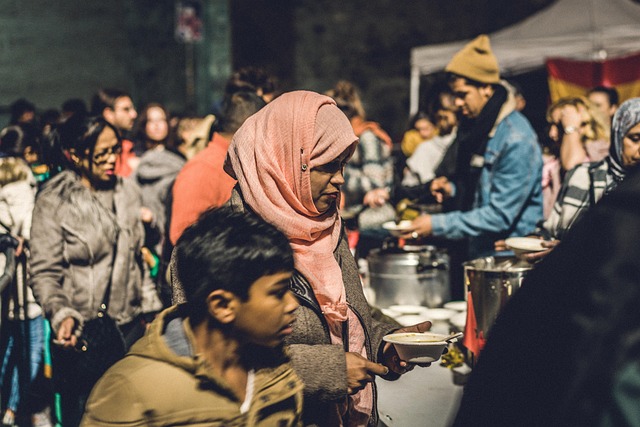The Power of Sacred Communities in Cultivating Belonging: A Closer Look at Religion’s Role
In a world that often feels disconnected and fragmented, the concept of sacred communities emerges as a beacon of hope, guiding individuals toward a sense of belonging and purpose. Religion traditionally serves as a powerful catalyst for creating these communities, fostering a spirit of unity, shared values, and deep interpersonal connections. It’s within these sacred spaces, whether physical or virtual, that countless individuals find solace, identity, and a profound sense of belonging.
Sacred communities manifest in various forms—churches, mosques, synagogues, temples, and even informal gatherings centered around spiritual practices. Each space offers its unique blend of rituals, teachings, and traditions, all contributing to an environment that facilitates connection. Within these communities, individuals share their joys, sorrows, and aspirations, forming bonds that transcend mere acquaintanceship. These relationships are often rooted in shared beliefs and experiences, which can create a sense of security and acceptance in a tumultuous world.
The rituals observed within these communities, such as prayer services, communal meals, and celebrations of life events, serve to reinforce interpersonal connections, allowing members to feel seen and appreciated. The act of coming together in times of joy or hardship cultivates a support network that extends beyond the individual, creating a sense of collective resilience. In essence, these gatherings are not just a matter of tradition; they embody the lifeblood of the community, nurturing a sense of belonging that many people crave.
Moreover, sacred communities often encourage the exploration of spirituality, inviting participants to reflect on their beliefs and values. This exploration frequently leads to personal growth and transformation, as individuals find deeper meaning in their lives. The environment of acceptance and understanding allows for authentic self-expression, empowering members to share their unique journeys while fostering empathy within the community.
In today’s increasingly secular society, it’s vital to recognize the role of religion in creating and sustaining sacred communities. For many, the yearning for connection and belonging transcends religious labels, highlighting the universal human need to find a place where one can be vulnerable, supported, and loved. The teachings of various faiths encourage inclusivity, compassion, and unity, further amplifying the powerful impact of these communities on individual lives.
As we navigate our lives, let us cherish and nurture the sacred communities that provide us with a sense of belonging. By embracing the principles of empathy, connection, and shared values, we not only enrich our own lives but also contribute to the creation of a more connected world. We should cherish the teachings of religion that empower us to build bridges rather than walls, forging a sense of belonging that resonates far beyond the sacred spaces we inhabit.




